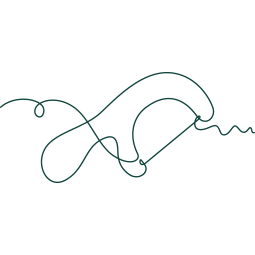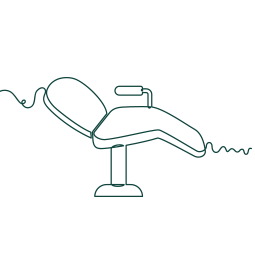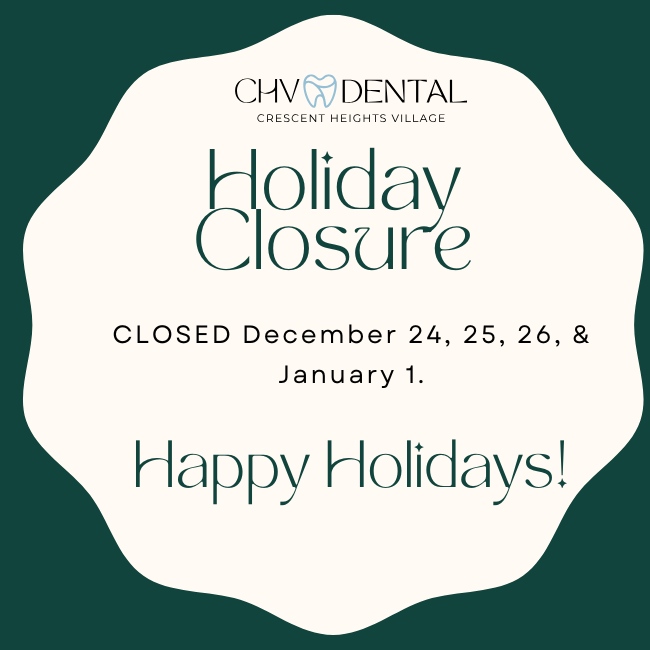Understanding Tooth Extractions
When you’re living with pain due to a damaged or infected tooth or a very crowded mouth, our first priority is to save your natural tooth. However, in certain cases, your tooth may need to be extracted to maintain good oral health.
In your dental exam, your dentist will carefully examine your mouth to determine if a tooth extraction or other treatment is most beneficial for your oral health.
If you’re in discomfort or need a new dentist, please contact us to book an appointment today.
Request AppointmentWhen Is a Tooth Extraction Necessary?
Ideally, our goal is to take care of your natural teeth so that they last a lifetime, but various factors can cause the need for a tooth to be extracted.
Tooth extraction may be necessary if:
- A tooth is severely decayed or infected
- Other restorative methods cannot repair your tooth
- Gum disease has caused your tooth to loosen from its socket
Your teeth overcrowd your mouth (with some wisdom teeth, for example)
The Tooth Extraction Process
We aim to make your tooth extraction process as straightforward as possible.
If we determine that an extraction is the best option for your dental health, we’ll discuss all the details with you directly. An extraction is meant to improve and protect your oral health in the long run.
Understanding what typically happens before, during, and after an extraction can make you feel more at ease with the procedure.
Before the Tooth Extraction
Your dentist will discuss your medical history and ask for a list of your medications. If an infection needs to be treated, we may prescribe antibiotics prior to your extraction appointment.
During this time, we can answer your questions and provide you with more information about your oral health and the reason we are recommending an extraction.
During the Tooth Extraction
Your dentist will typically begin by administering local anesthesia to numb the treatment area. You may feel some pressure on the area during the procedure once it’s fully numbed.
Next, your dentist carefully removes the tooth and takes care of the affected gum area.
Recovery from a Tooth Extraction
After your tooth has been extracted, you may experience some swelling, bleeding, or discomfort. This should gradually decrease in the following few days.
Our team will discuss any aftercare instructions with you to help you heal comfortably. This may include over-the-counter painkillers or a prescription.
During your initial recovery period, we typically suggest eating soft foods and continuing to brush and floss your teeth, but avoid irritating the extraction site.
Healing After a Tooth Extraction
After a tooth extraction, we recommend scheduling a follow-up appointment to monitor your healing progress and the success of the treatment.
For a detailed look at your overall oral health, visit your dentist by scheduling your next cleaning and exam.
Request AppointmentCome Visit Us in NE Calgary
Doctors Gilbert Ng, Hilarie Ng, and Matthew Ng, along with our team, offer same-day emergency treatment, convenient Saturday appointments, and flexible hours upon request.
Our Address
- 1304 Centre Street NE, Bay 2
- Calgary, AB T2E 2R7
Contact Information
- Phone: 403-276-7226
- Email: chvdentalclinic@gmail.com
Our Hours
- Monday: 9:00 AM – 6:00 PM
- Tuesday: 9:00 AM – 6:00 PM
- Wednesday: 9:00 AM – 6:00 PM
- Thursday: 9:00 AM – 6:00 PM
- Friday: 9:00 AM – 5:00 PM
- Saturday: 9:00 AM – 6:00 PM
- Sunday: Closed





